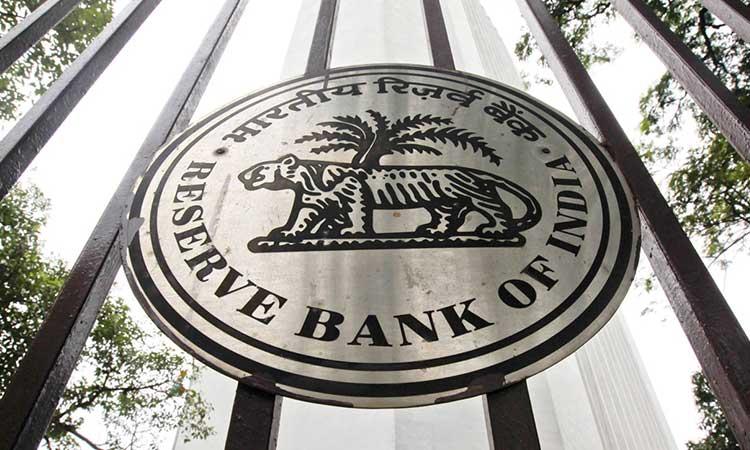As the RBI has kick-started a pilot project from November 1 to launch digital rupee in the wholesale segment and subsequently plans to roll out another one in the retail segment within a month, there are several reasons behind the adoption of the central bank digital currency (CBDC) like enhancing financial inclusion and moving towards a less cash economy.
A key reason that is considered to have triggered the move towards the digital rupee was reducing the cost associated with physical cash management. An RBI concept note says that the cost of cash management in India has continued to be significant. The total expenditure incurred on security printing during April 1, 2021 to March 31, 2022 was Rs 4,984.80 crore as against Rs 4,012.10 crore in the previous year (July 1, 2020 to March 31, 2021).
This cost, which does not include the environmental, social, and governance (ESG) cost of printing money, is predominantly borne by four stakeholders - the general public, businesses, banks, and the RBI. The CBDC affects the overall value of the money issuing function to the extent that it reduces operational costs related to printing, storage, transportation and replacement of banknotes and costs associated with delay in reconciliation and settlement.
"Though, at the outset, establishing a CBDC creation or issuance may entail significant fixed infrastructure costs but subsequent marginal operating costs shall be very low. Cost-effectiveness of cash management using CBDC vis-a-vis physical currency provides an additional motivation for introduction of the CBDC, which may be also perceived to be environment-friendly. Complementing the higher cash requirement of the country, the CBDC will lead to lowering of cost as it would obviate the need of many processes associated with distribution of physical currency across the country. Further, given the geographical spread and pockets where making physical cash available is a challenge, the CBDC is expected to facilitate seamless transactions," the RBI concept note said.
Also read | Ready to deal in digital rupee? Find out what exactly it is
Another significant reason behind introduction of the CBDC is to further the cause of digitisation to achieve a less cash economy. The CBDC can be a preferred mode of holding central bank money rather than cash in any uncertain situation like the one of pandemic Covid-19. Further, the preference for cash transactions for regular expenses and small payments for its anonymity, may be redirected to acceptance of the CBDC, if reasonable anonymity is assured. This shall further the digitisation process in the country.
The CBDCs can boost innovation in cross-border payments, making these transactions instantaneous and help overcome key challenges relating to time zone, exchange rate differences as well as legal and regulatory requirements across jurisdictions. Additionally, the interoperability of the CBDCs presents means to mitigate cross-border and cross-currency risks and frictions while reinforcing the role of central bank money as an anchor for the payment system. Therefore, the potential use of the CBDC in alleviating challenges in cross-border payment is one of the major motivations for exploring its issuance.
The digital rupee can also be a significant tool in boosting financial inclusion. With suitable design choices, the CBDC may provide the public a safe sovereign digital money for meeting various transaction needs. It shall make financial services more accessible to the unbanked and underbanked population. The offline functionality as an option will allow the CBDCs to be transacted without the internet and thus, enable access in regions with poor or no internet connectivity. It shall also create digital footprints of the unbanked population in the financial system, which shall facilitate the easy availability of credit to them.
Universal access attributes of the CBDC including offline functionality, provision of universal access devices and compatibility across multiple devices, shall prove to be a game changer by improving the overall CBDC system for reasons of resilience, reach, and financial inclusion, the RBI note said.
Also read | RBI to launch digital rupee pilot project today
Most importantly, the CBDC can safeguard the common man's trust in the face of proliferation of crypto assets.
Rising crypto assets can pose significant risks related to money laundering and financing of terrorism. Also, the unabated use of crypto assets can be a threat to the monetary policy objectives as it may lead to creation of a parallel economy and may likely undermine the monetary policy transmission and stability of the domestic currency. It may also adversely affect the enforcement of foreign exchange regulations, especially, the circumvention of capital flow measures.
In such a scenario, developing CBDCs could provide the public with a risk-free virtual currency that will provide them legitimate benefits without the risks of dealing in private virtual currencies. It may, therefore, fulfil demand for secured digital currency besides protecting the public from the abnormal level of volatility which some of these virtual digital assets experience. Thus, safeguarding the trust of the common man in the Indian rupee vis-a-vis proliferation of crypto assets is another important motivation for introducing the CBDC.


















